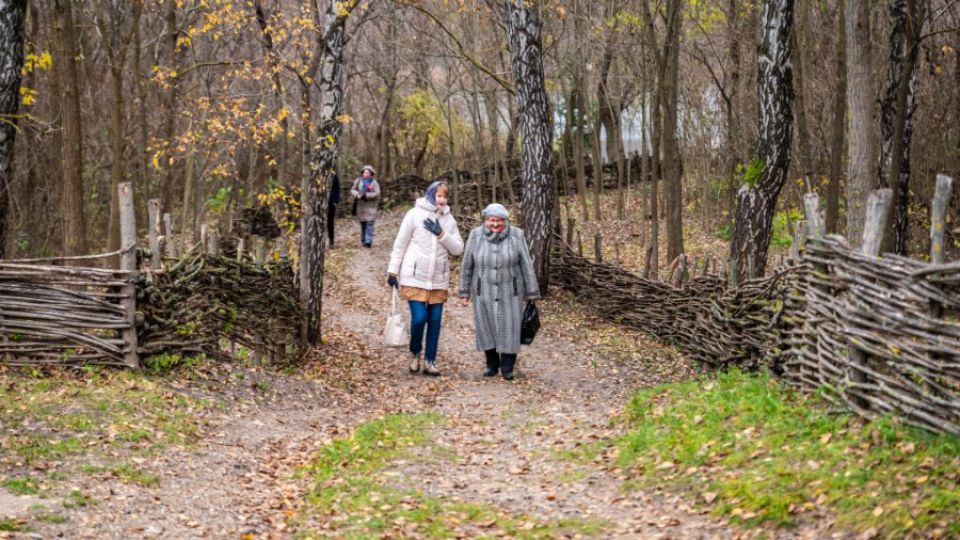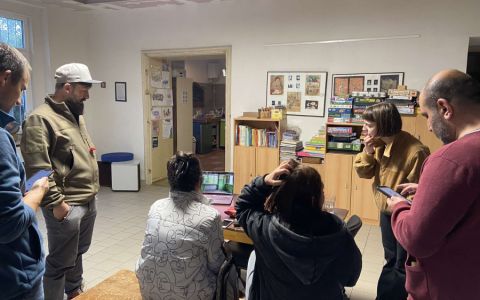In several places in Moldova, voluntary organizations are trying to protect their environment and retain water in the landscape, especially in rivers and their immediate surroundings. This is also thanks to help from the Czech Republic.
We may not have seen it that way here, but according to the EU's Copernicus research service, which uses measurements from satellites, ships, planes, and weather stations worldwide, the summer of 2022 was the hottest on record in Europe. In addition to the heat and drought, bark beetles have decimated spruce monocultures recently, particularly in central Europe.
Eastern European Moldova also experienced severe heat and drought caused by climate change in 2022. Even the autumn here was relatively dry, with hardly any rain in September and October. The beginning of winter was also warmer than average and without snow. Thanks to this and the November rains, which irrigated at least the top layers of the soil, conditions were finally suitable for planting trees.
Several non-profit organizations and informal groups have been working on this in Moldova, and we have been cooperating with them for several years on projects such as the protection of watercourses. “Our forests have many functions, but the main one is water retention and thus the protection of rivers,” says Nikolai Romanovich, who has been organizing plantations in Transnistria for the third year, in a short report by TCB TV (in Russian). On 11 December 2022, he gathered 20 volunteers for the Iagorlic Nature Reserve. Together, they planted 170 lime trees in places where they will replace dying acacia and elm trees, mainly along nature trails. Another 30 trees, mainly willows, were planted along the fence of the administrative building of the reserve and near the old bridge.
Watch a short documentary with Russian subtitles about the Iagorlic reserve here:
A week earlier, on 3 December 2022, a similar event occurred in the village of Balabanesti, this time on the right bank of the Dniester. The local NGO Parcurile Viitorului continued planting deciduous trees that started at the beginning of the year, with the aim of reforesting a total of 4 hectares of buffer strips along the banks of the Baltata River as part of climate change adaptation measures. “Over 200 volunteers from different organizations, companies, schools, and the Ministry of Environment participated in the planting, and we managed to plant over 7,000 trees that will help maintain the water in and around the river,” concludes Petru Vinari, a member of Parcurile Viitorului.
Both of these events were made possible thanks to the support of the Transition Promotion Programme of the Czech Ministry of Foreign Affairs, under which Arnika and Biotica are implementing a joint ecological project that includes planting green belts. Over the year, we managed to plant over 25,000 trees in 4 regions of Moldova - in addition to the aforementioned Iagorlic and Balabanesti regions, also in the south of the country in the municipalities of Cremenciug, Copanca, and Cioburciu in the Lower Dniester National Park.








